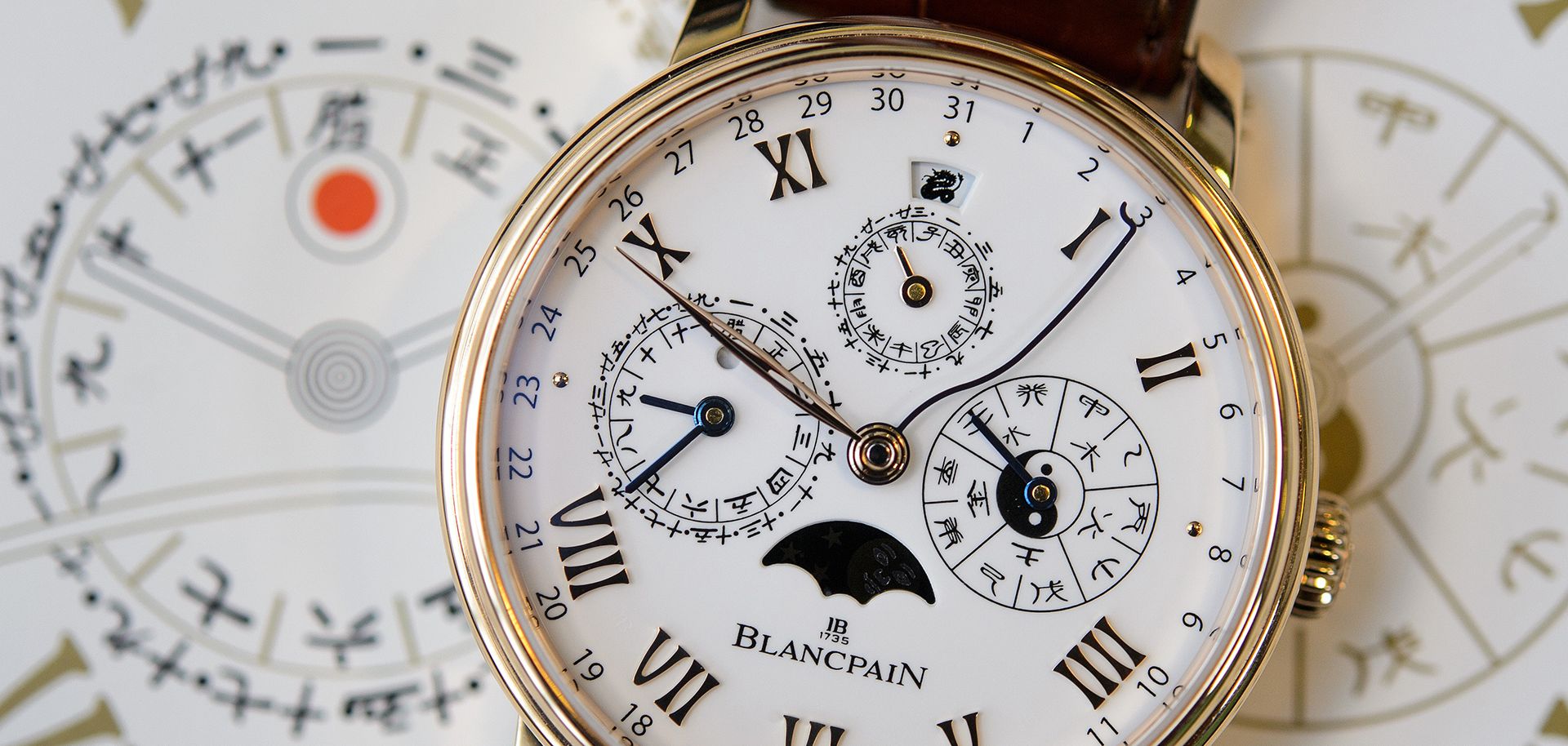ASSESSMENTS
The Geopolitics of the Gregorian Calendar
Jan 1, 2020 | 04:00 GMT

Geopolitical realities tell us calendrical reform will not happen quickly, but history tells us change, perhaps to the Chinese calendar for example, is possible.
(FABRICE COFFRINI/AFP/Getty Images)
Subscribe Now
SubscribeAlready have an account?
